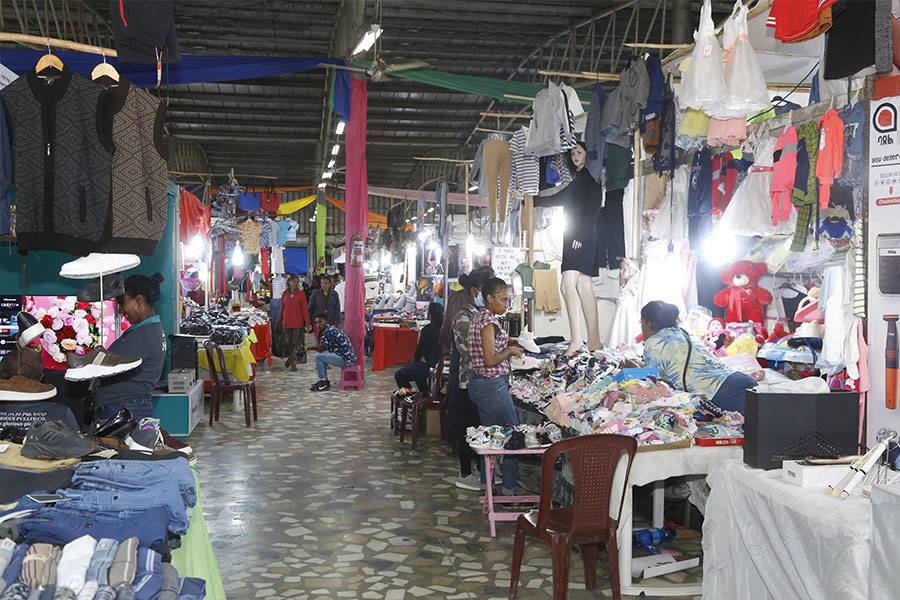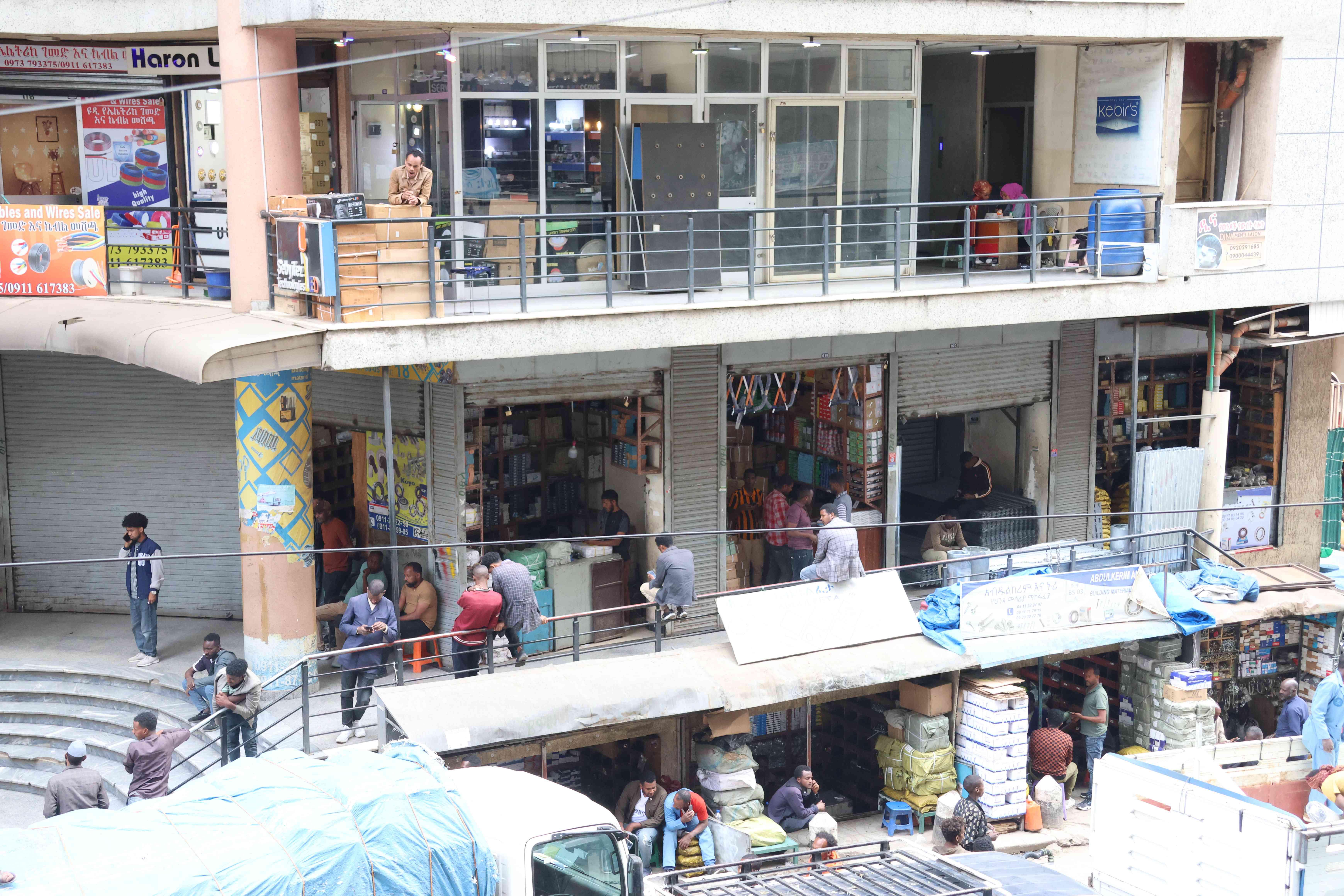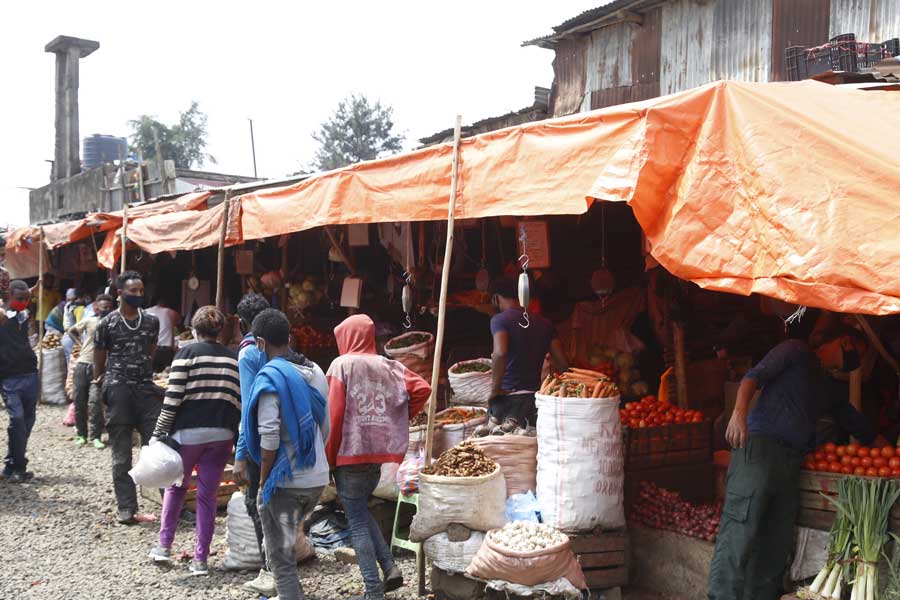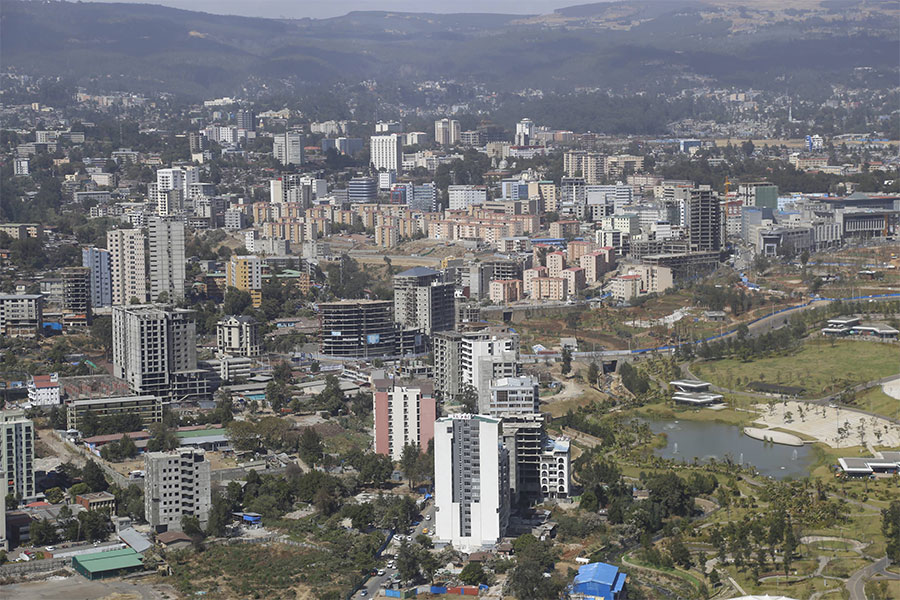
Radar | Sep 02,2023
From Abrehot Library to the recently inaugurated multi-storey headquarters of Nib International Bank, Hibret Bank and the Commercial Bank of Ethiopia (CBE), it may seem that the construction industry is alive and kicking. Behind the lavish inaugurations is an industry under deep distress as projects are delayed and go over budget. Ballooning prices on construction materials are one of the main reasons. Owing to high rural-to-urban migration, labour costs are still relatively contained. It is a different story for inputs such as reinforcement bars, cement and finishing materials. Costs spiralling out of control have left Addis Abeba dotted with buildings stuck at various stages of construction. Private developers are finding the industry more daunting, and contractors are shying away from public projects due to inflexible contracts.
Although rising prices take the significant share of the blame, there is the foreign currency shortage, making imports all but unattainable. Fluctuations in the prices of fuel and metals, political unrest, the ongoing civil war and the underground market for materials such as cement make life a nightmare to project owners and contractors alike. The crisis in the construction industry reverberates across the economy. It contributes up to a fifth of the GDP and has grown at an average of 11pc annually, a significant driving force for economic expansion. When the industry sneezes, the economy catches a cold.
The federal government is trying to address the problem, at least where public projects are concerned. A study is undertaken by the Construction Works Regulatory Authority to introduce a new directive that will make public projects of all timeframes eligible for price escalation clauses. More needs to be done, according to experts, but nothing radical. It is argued that more coordination and better arrangements in advance payments and price escalation clauses can go a long way.
You can read the full story here
PUBLISHED ON
Feb 19,2022 [ VOL
22 , NO
1138]

Radar | Sep 02,2023

Radar | Apr 08,2023

Editorial | Sep 21, 2024

Agenda | Apr 16,2022

Fortune News | May 09,2020

Agenda | Apr 13, 2025

Radar | Dec 05,2020

Fortune News | Aug 08,2020

Agenda | Feb 19,2022

Radar | Jan 23,2021

Dec 22 , 2024 . By TIZITA SHEWAFERAW
Charged with transforming colossal state-owned enterprises into modern and competitiv...

Aug 18 , 2024 . By AKSAH ITALO
Although predictable Yonas Zerihun's job in the ride-hailing service is not immune to...

Jul 28 , 2024 . By TIZITA SHEWAFERAW
Unhabitual, perhaps too many, Samuel Gebreyohannes, 38, used to occasionally enjoy a couple of beers at breakfast. However, he recently swit...

Jul 13 , 2024 . By AKSAH ITALO
Investors who rely on tractors, trucks, and field vehicles for commuting, transporting commodities, and f...

Nov 1 , 2025
The National Bank of Ethiopia (NBE) issued a statement two weeks ago that appeared to...

Oct 25 , 2025
The regulatory machinery is on overdrive. In only two years, no fewer than 35 new pro...

Oct 18 , 2025
The political establishment, notably the ruling party and its top brass, has become p...

Oct 11 , 2025
Ladislas Farago, a roving Associated Press (AP) correspondent, arrived in Ethiopia in...